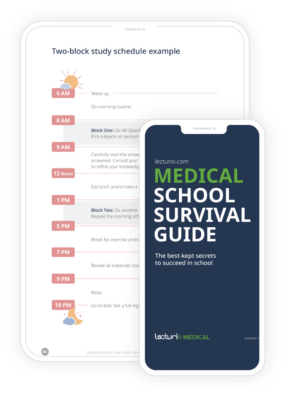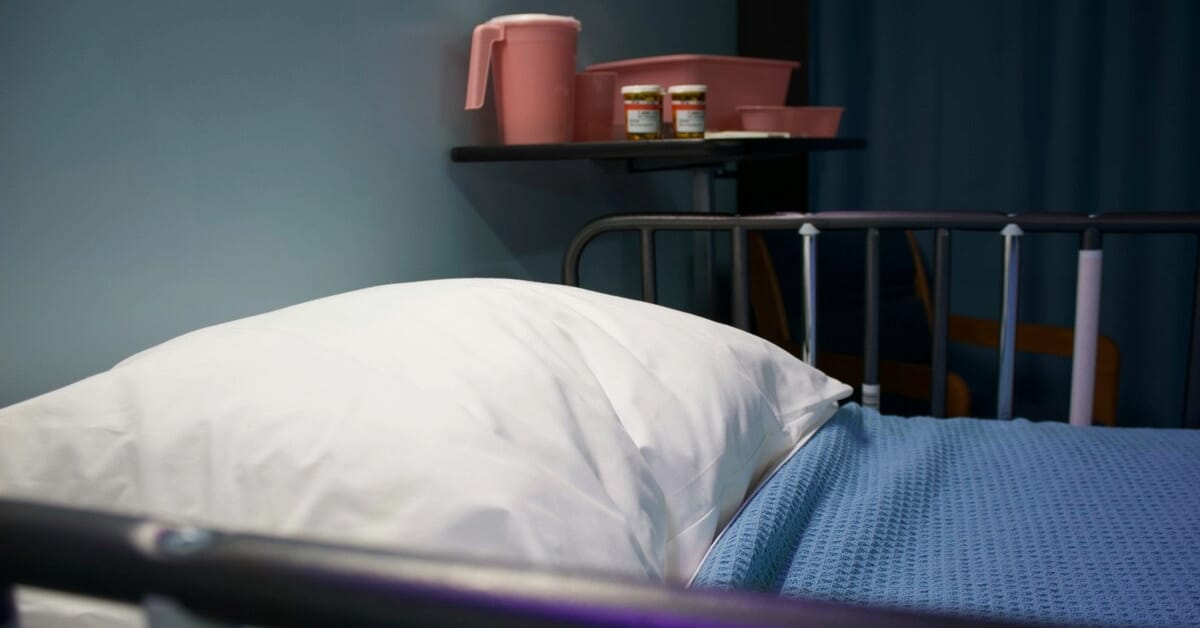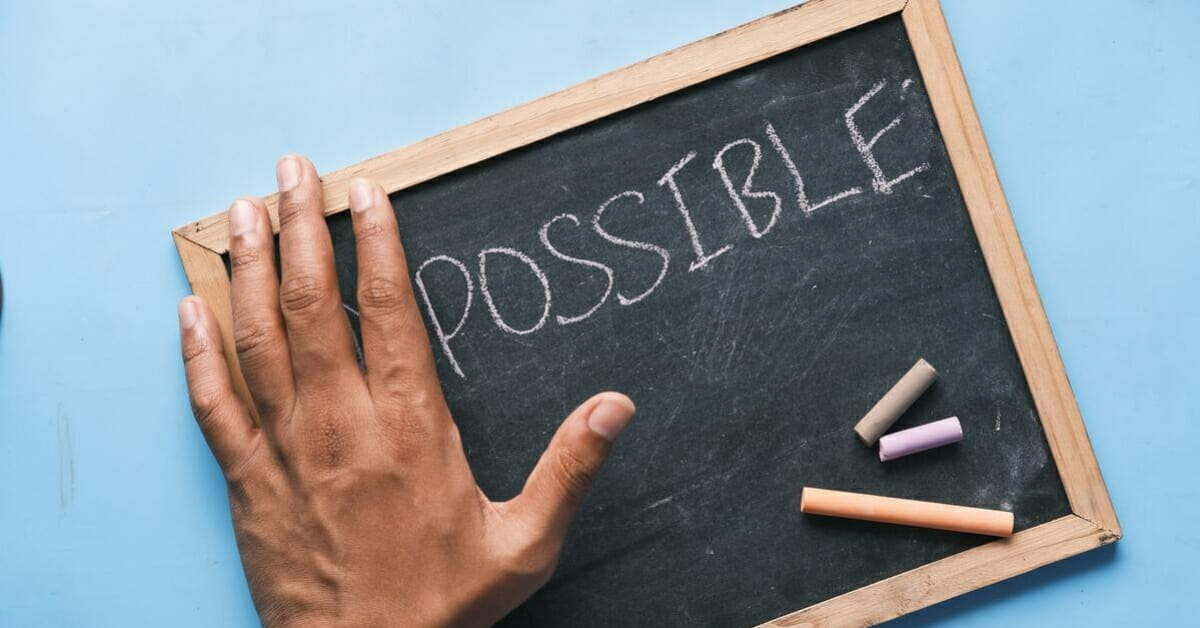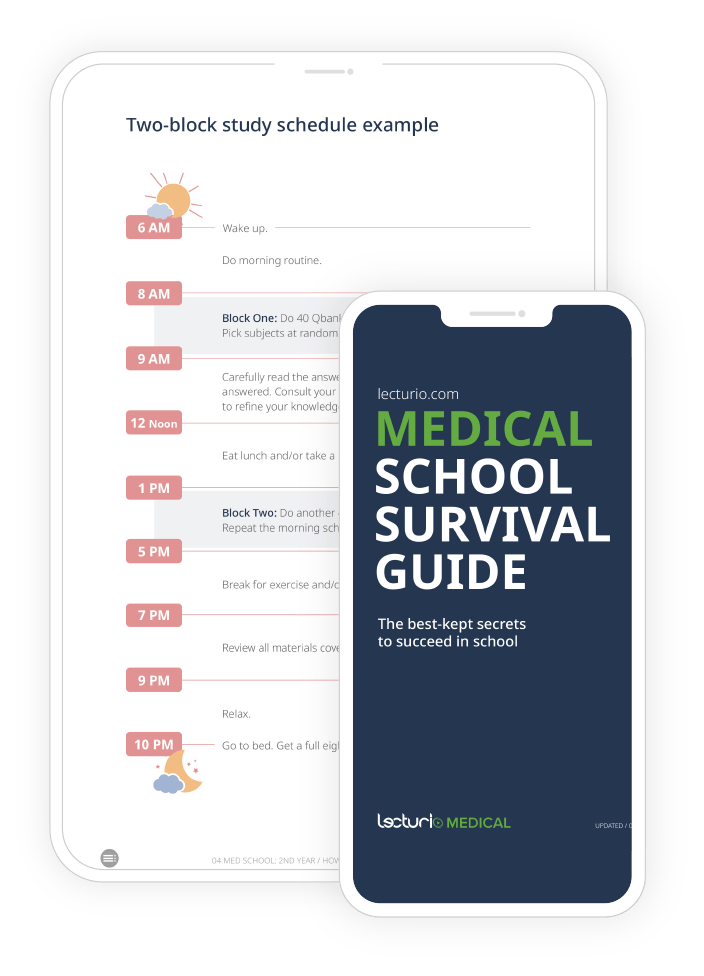If you’re thinking about going into medical school, I suggest you think about it carefully – but the fact that you’re reading this probably means that you are. I thought I wanted to become a doctor because it was my childhood dream… until I entered the field, only to find a waking nightmare. Just kidding! Medical school isn’t as scary as people make it out to be. Once you develop a lifestyle that works for you, the experience can be fun and some of the best years of your life.
Before the COVID-19 pandemic forced the Philippines into mandatory lockdown, my days as a medical student were nothing short of colorful. I was what you would call an “eager beaver,” or how psychologists call it, “a type-A personality.” I kept a schedule and a set of rules in my head of how my day would go from the moment I wake up to when I go to sleep and tried to follow it to a ‘T’.
My Pre-COVID Med School Schedule
Don’t be late to your classes. My mornings would begin at 5 a.m. to get ready and leave at 6 a.m. In the Philippines, traffic conditions are some of the worst in the world, so leaving any later than 6 a.m. would make me late to my 8 a.m. class by an hour. Usually, the lecturers will start with important introductions about the topic and once you miss the beginning, the rest of the lecture becomes hard to follow and a total blur.
Start the day right. I arrive at school by 7 a.m. and nap until someone asks me to accompany them to Starbucks for some morning coffee. Many of my classmates would come into the lecture hall with their Grande Caffè Americanos in hand or be in the cafeteria eating breakfast. I don’t drink coffee, so I usually listen to music in the morning to pump myself up like a morning jog, because medical school is like a marathon. Make sure to figure out what works best for you!
Listen to the lectures, or at least stay awake. Once the lecture starts, it’s time to pick up something you’re comfortable taking notes with because it helps you stay awake. Whether you’re using a notebook, iPad, or a laptop, be ready for loaded and fast-paced lectures. I know it’s tempting to doze off or distract yourself, but the information you get from these lectures will help you as a doctor or if the professor gives a pop quiz at the end of the lecture.
Make the most of your breaks. After the lecture ends, you know it’s break time when the room gets louder because some students are waking up from their naps. Make the most of your time in medical school because it’s not all about lectures and memorizing on-the-go. Like all schools, there’s a life outside of academics. I spend my breaks with my friends, talking about anything from medical school to our personal lives, but you can also check on your extracurriculars or meet with classmates for group projects. These are all part of the process of becoming the doctor you want to be.
Lecturio Learning Tip: Take a few minutes of your break time to organize your thoughts and to-dos. One great way to do this is to add the Lecturio video lectures you want to watch later to your personal Study Planner!
After School There’s Always More To Do
Take every opportunity you have to study. After classes end at 5 p.m., I head to the library to study. I usually sit in a study group with friends or people I know. Even though I won’t talk to them most of the time, it helps to have someone around to help you when you have trouble understanding something. Unlike my experience in college, you can never learn enough in medical school. It will always feel like there’s something more to learn, and that feeling is probably right.
Find your study groove. I’ve heard it said that memorizing material takes three read-throughs to digest it. Personally, I study by using Anki flashcards from my notes of the day’s lectures and the book (1st read). Then, no matter where I am, I go through the flashcards until they’re complete (2nd read) during my 9 p.m. ride home. Finally, I run through my notes again once I get home around 10 p.m., highlighting the information I didn’t memorize from my flashcards (3rd read). I repeat the process every day, going through cards from the days prior leading up to the next exam. Note that not all processes work for everyone, but this is what worked for me. We live in the 21st century, in which we have access to online libraries, mobile applications, and easy-to-understand tutorial videos to make digesting information much easier. You just need to find what works for you.
Lecturio Learning Tip: Did you know you can review Lecturio’s Spaced Repetition recall quizzes easily on your phone with the free mobile app? The algorithm tells you when and what you need to repeat for maximum retention.
Know when to take breaks. There’s no point studying when you’re burnt out. You need to learn what gets you back into the groove before it starts being reflected in your grades, but it’s okay to spend a night or two per week not doing anything related to medical school. For me, this is often Friday and Sunday nights; I would go out with friends or stay at home and relax. Even if I spend hours on end studying, I still make time to do the things I enjoy in between. It’s better to study smart rather than to study hard.
Sleep is important. Before the clock strikes midnight, I’m usually done with my study quota and I get ready for bed. I do not advise my sleep schedule. I only keep to this schedule because I live 14 km away from school. Ideally, a student should be getting 8 hours of sleep a day.
Related videos
So, at the End of the Day…
…it doesn’t matter whether you spend five hours or one hour per day studying, as long as it works for you. Everyone has a different learning style that they develop throughout their years in medical school. I have classmates who only study in class and spend their time at home playing video games, but there are others who keep to a strict schedule like me. After all, when the day ends, you’ll want to sleep feeling satisfied with a hard day’s work and ready for more to come.







